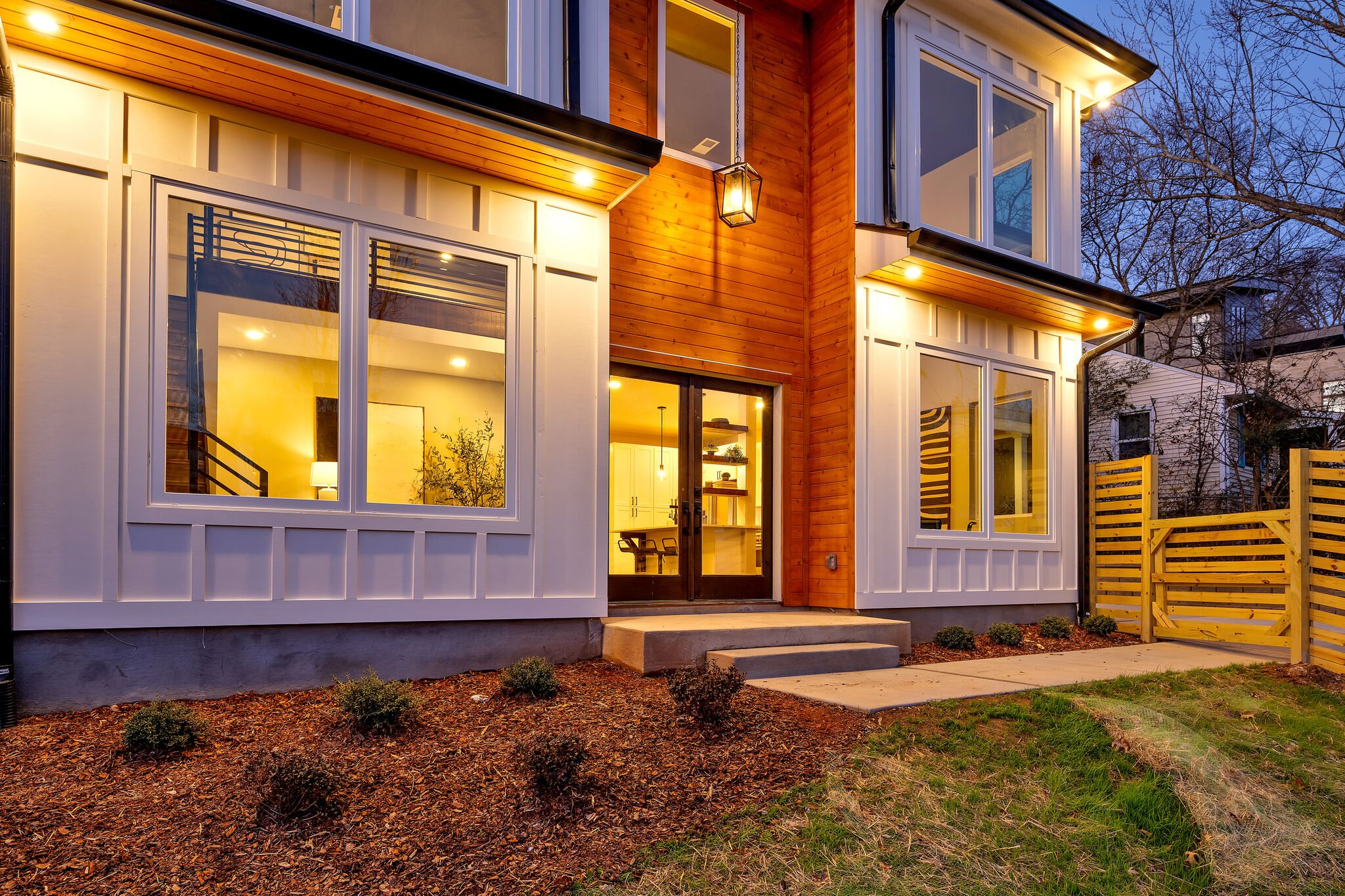When you’re ready to move, figuring out what to do with your house is a big decision. And today, more homeowners are considering renting their home instead of selling it.
Recent data from Zillow shows about two-thirds (66%) of sellers thought about renting their home before listing, with nearly a third (28%) taking that possibility seriously. Compared to 2021, when fewer than half (47%) of homeowners considered renting before selling, it’s clear this trend is on the rise.
So, should you sell your house and use the money toward your next home or keep it as a rental to build long-term wealth? Let’s walk through some important questions to help you determine the right path for your financial and lifestyle goals.
ARE YOU A GOOD FIT FOR PROPERTY MANAGEMENT?
Before you decide what to do, it's important to think about if it would make a good rental in the first place. For instance, if you’re moving far away, managing ongoing maintenance could become a major hassle. Other factors to consider are if your neighborhood is ideal for rentals and if your house needs significant repairs before it’s ready for tenants. It would be wise to consult with a few property managers and experienced real estate professionals to determine if renting is right for your home.
Are You Ready for the Realities of Being a Landlord?
Managing a rental property involves more than collecting monthly rent. It’s a commitment that can be time-consuming and challenging.
For example, you may get maintenance calls at all hours of the day or discover damage that needs to be repaired before a new tenant moves in. There’s also the risk of tenants missing payments or breaking their lease, which can add unexpected stress and financial strain. As Redfin notes:
“Landlords have to fix things like broken pipes, defunct HVAC systems, and structural damage, among other essential repairs. If you don't have a few thousand dollars on hand to take care of these repairs, you could end up in a bind.”
Do You Understand the Costs?
If you’re considering renting primarily for passive income, remember, there are additional costs you should anticipate. As an article from Bankrate explains:
Mortgage and Property Taxes: You still need to pay these expenses, even if the rent doesn’t cover all of it. Be sure to consult with a professional property manager, that can provide in depth research and comparable market analysis to verify if renting your home can cover the expenses of owning your home.
Insurance: Landlord insurance will be different from your typical homeowners insurance, and will not cover contents. Property managers and owners should require tenants to carry renters insurance to offset the liability for the homeowner.
Maintenance and Repairs: Plan to save some of the home’s income annually to reserve for general maintenance. Older homes and systems will require a more robust reserve.
Finding a Tenant: Like listing your home for sale, a prepared property manager will be able to guide you through the listing process and give you well rounded expectations for the price and duration of the listing that is necessary to secure a good tenant.
Management and HOA: A property manager can ease the burden of renting out the house. Boxwood Properties has a wide range of resources to list, lease, and mange the rental for you. If your home is in an HOA, Boxwood can help you navigate the renting rules, and requirements to satisfy the HOA.
Bottom Line
To sum it all up, selling or renting out your home is a personal decision. Let’s connect so you have a pro on your side to help you feel supported and informed as you make your decision.
The information contained, and the opinions expressed, in this article are not intended to be construed as investment advice. Keeping Current Matters, Inc. does not guarantee or warrant the accuracy or completeness of the information or opinions contained herein. Nothing herein should be construed as investment advice. You should always conduct your own research and due diligence and obtain professional advice before making any investment decision. Keeping Current Matters, Inc. will not be liable for any loss or damage caused by your reliance on the information or opinions contained herein.











